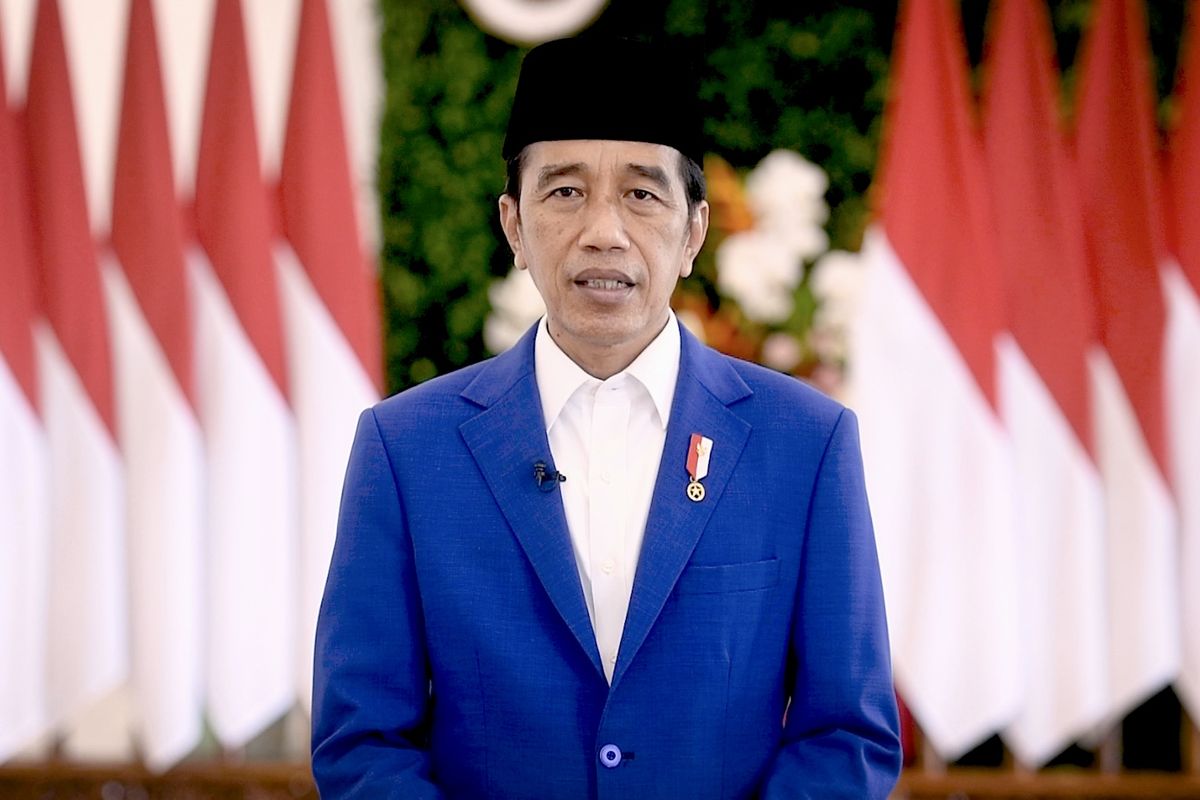
After meeting with NATO members and European allies in Brussels last month, US President Joe Biden suggested Kyiv be able to attend G-20 meetings as an observer should other members disagree to kick Russia out.
Biden, who is building a global coalition against Putin beyond Europe, has not said he would boycott the G-20 summit should the Russian leader attend, but insists the forum cannot be "business as usual." Canadian Prime Minister Justin Trudeau and Australian Prime Minister Scott Morrison have also raised concerns about Putin’s participation.
Earlier this month, US Treasury Secretary Janet Yellen skipped several G-20 ministerial meetings to protest Russian officials’ attendance. Other Western officials did the same.
Jakarta’s dilemma
Jakarta’s dilemma is symptomatic of Moscow’s considerable influence around the world, including its energy and military ties with Indonesia.
Last month, following intense Western pressure, Indonesia put on hold plans for the state’s oil and gas company to purchase cheap Russian crude oil amid soaring global energy prices. Moscow has a glut of oil it is offering at a huge discount to countries willing to defy Western sanctions, including China and India.
Also read: Jokowi to G20 Nations: ‘It Is Not the Time for Rivalry’
Senior Indonesian officials have pushed back against Western pressure on the issue of the G-20.
Member states must work in unison to create stability and prosperity together, Indonesian Finance Minister Sri Mulyani Indrawati told VOA’s Indonesian Service last week.
“This is one of the most important [thing] for us — to support the idea of cooperation that needs to be maintained and should not [be] characterized in such a very binary, simple way,” she said.
So far Moscow has not announced a change in plans for Putin to attend the summit in person.
Earlier this month the Biden administration signaled it wants the G-20 to discuss the international economic repercussions of the Russian invasion and potentially Ukraine’s reconstruction. That idea is likely to create a further rift in the economic forum.
Earlier this week, Luhut Binsar Pandjaitan, Indonesia’s coordinating minister for maritime affairs, told VOA’s Indonesian Service his government will “see what happens.”
“Nobody losing face,” he said. “That, I think, is the best.”
Source: VOA
Simak breaking news dan berita pilihan kami langsung di ponselmu. Pilih saluran andalanmu akses berita Kompas.com WhatsApp Channel : https://www.whatsapp.com/channel/0029VaFPbedBPzjZrk13HO3D. Pastikan kamu sudah install aplikasi WhatsApp ya.
































